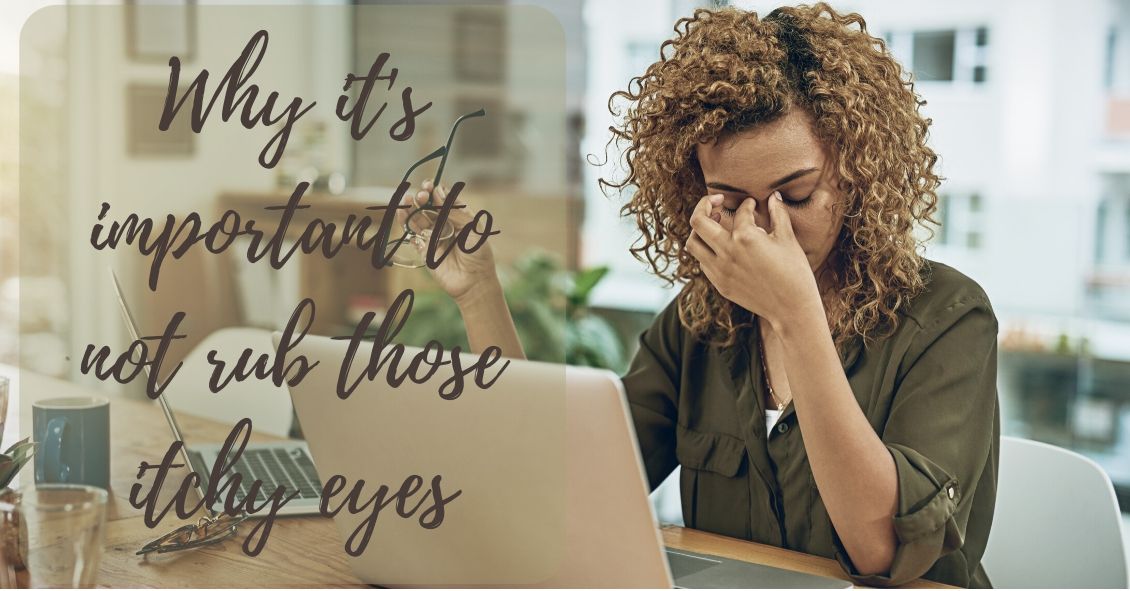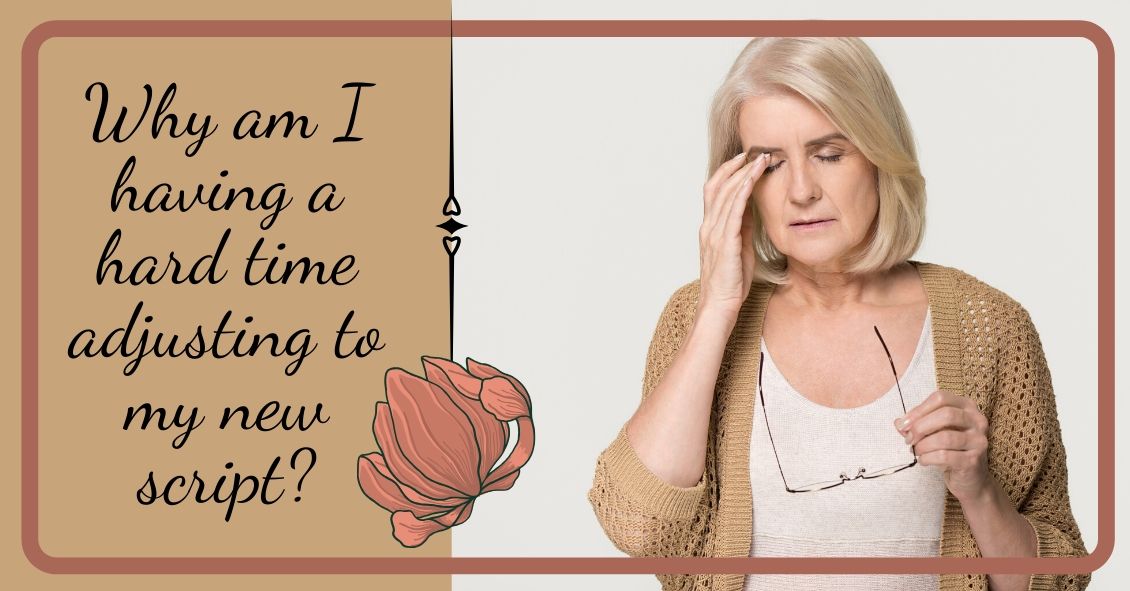Blog

When your eyes feel itchy, it’s a natural reaction to want to rub, rub, rub. It temporarily relieves the itching, and frankly feels great when you’re doing it. Unknowingly, however, you are likely doing short-term – and in some cases long-term – damage to your eyes. Here are some of the detrimental effects that can result from eye rubbing.
- Worsening of ocular allergies: rubbing an eye inflamed from allergies starts a vicious cycle. During the allergic ocular response, a chemical called histamine is released from a cell called a mast cell. It is this release of histamine that starts the red, itchy, watery eyes associated with allergies. Rubbing the eyes releases more histamine, causing the eyes to become more inflamed, perpetuating the cycle.
- Risk of increased eye pressure: Putting pressure on the globe of the eye drastically increases intraocular pressure (IOP). While the effect is temporary, prolonged rubbing can increase your risk of developing glaucoma, a potentially...

Eye doctors typically pride themselves on being able to improve someone’s vision through glasses or contact lens prescriptions. Whether it’s a first-time glasses wearer, or someone having either a small or large change in their prescription, we like to aim for that goal of 20/20 vision.
Despite our best efforts, however, correcting vision to 20/20 is not always a positive outcome for the patient. Whether someone will be able to tolerate their new prescription is based on something called neuroplasticity, which is what allows our brains to adapt to changes in our vision.
You or someone you know may have had this happen: Your vision is blurry, so you go to the eye doctor. The doctor improves the vision, but when you get your new glasses, things seem “off.”
Common complaints are that the prescription feels too strong (or even too clear!) or that the wearer feels dizzy or faint. This is especially true with older patients who have had large changes in prescription, since...


